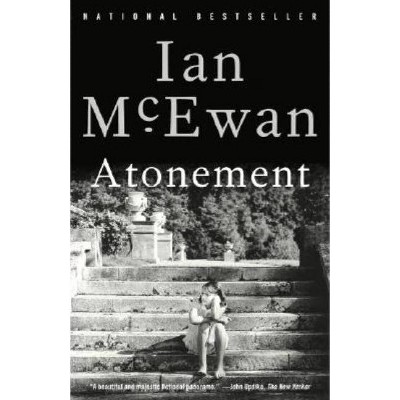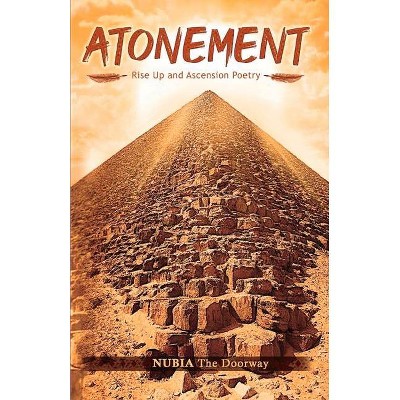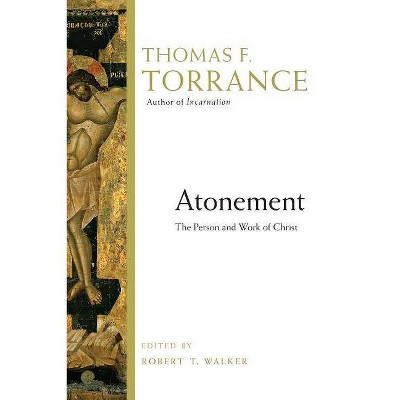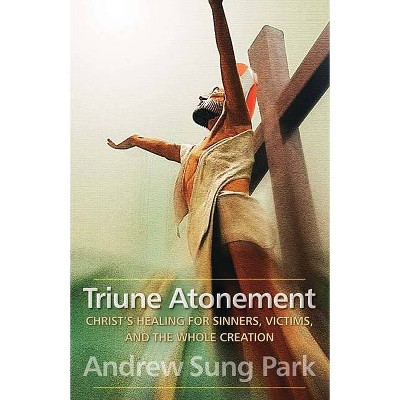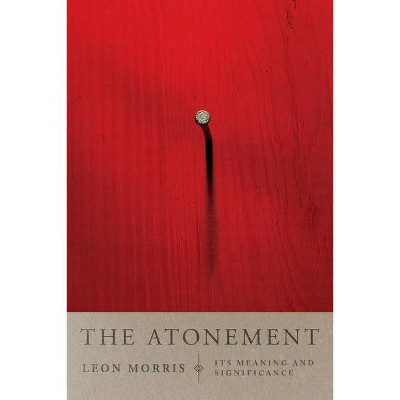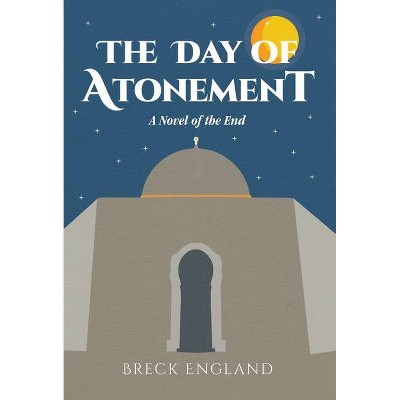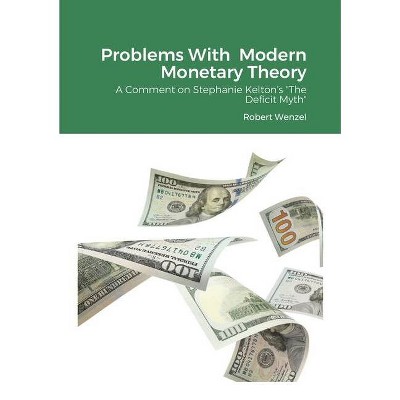Problems with Atonement - by Stephen Finlan (Paperback)

Similar Products
Products of same category from the store
AllProduct info
<p/><br></br><p><b> Book Synopsis </b></p></br></br><p>The origins of atonement are found in Paul's writings. Popular Christian theology has understood them to mean that God demanded a bloody victim to pay for human sin. In <i>Problems with Atonement</i> Stephen Finlan examines the Christian doctrine of atonement and current debates about it. He considers its biblical foundation in Pauline texts, the Old Testament background, and the theological questions under discussion about atonement. He provides ancient historical background and raises questions, such as whether the Incarnation must be understood through the lens of atonement.</p><p>Chapters are Chapter 1: Sacrifice and Scapegoat, Chapter 2: Paul's Use of Cultic Imagery, Chapter 3: Atonement afterPaul, Chapter 4: Rationalizing the Atonement Doctrine, and Chapter 5: The Incarnation.</p><p><i>Stephen Finlan, PhD, is an adjunct professor of New Testament at Seton Hall University and Fordham University. He is the author of <i>The Background and Content of Paul's Cultic Atonement Metaphors</i> (Society of Biblical Culture, 2004).</i></p><p/><br></br><p><b> Review Quotes </b></p></br></br><br>. . . it is a book that I would want to read and digest before preaching or teaching on the meaning of God's Salvation.Ernest Thompson, First Presbyterian Church, Wilmington, North Carolina<br><br>. . . its discussion of biblical theology contains ideas that could bear much fruit.<i>Worship</i><br><br>Finlan's book is well worth reading for a number of reasons. It contains a fantastic summary of Pauline metaphors for atonement. It contains fascinating side comments about questions such as the relationship of ritual to the moral structure of society. Finally it is a stimulating debate partner for those who wish to defend the biblical and traditional doctrine of atonement in some form or another.<i>Catholic Studies</i> An Online Journal<br><br>In this challenging and enlightening book, Stephen Finlan suggests that we have misunderstood the nature of God's salvation by allowing primitive ideas about sacrifice to inform our doctrine of the atonement, and by making atonement the central doctrine of the Christian faith. Finlan insists that the unique and central doctrine of the Christian faith is not the atonement, but rather, the incarnation.Ernest Thompson, First Presbyterian Church, Wilmington, North Carolina<br><br>Problems with Atonement is an ambitious argument against theories of atonement.Worship<br><br>. . . a book that I would want to read and digest before preaching or teaching on the meaning of God's salvation.Ernest Thompson, First Presbyterian Church, Wilmington, North Carolina<br><br>. . . does a very good job in sorting through the paradoxes that are present in thinking about atonement. Finlan is good at catching the nuances of metaphor and setting out the different values in the balance of the discussion. He understands the role of ritual action in trying to reach where more discursive forms of thought cannot go.<i>New Theology Review</i><br><br>. . . this book is essential reading for those wrestling with the problems of atonement theory.<i>Journal for the Study of the New Testament</i><br>
Price History
Price Archive shows prices from various stores, lets you see history and find the cheapest. There is no actual sale on the website. For all support, inquiry and suggestion messages communication@pricearchive.us
